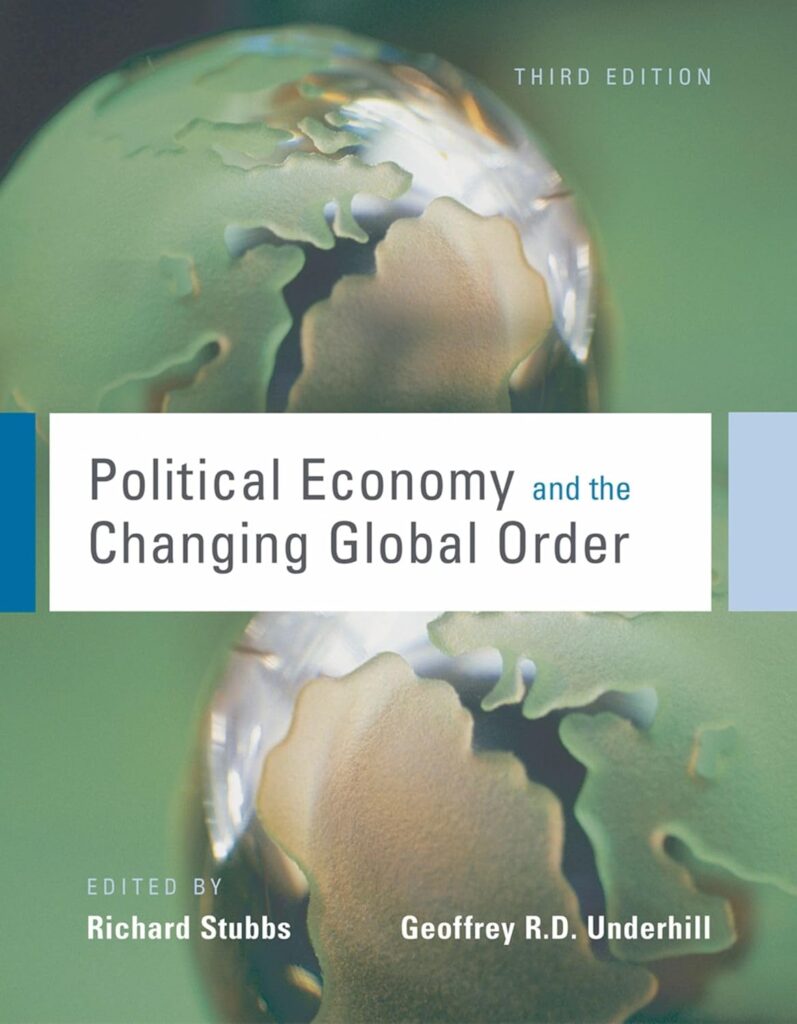How have new information technologies affected international political economy? In the heady years of the dot com bubble, many academics and commentators predicted that the Internet and e-commerce would empower private actors and weaken states. Indeed, some libertarians hoped that the Internet would lead to a collapse in state authority. However, these predictions have not come to pass. Although private actors have come to play an important role in some areas of Internet and e-commerce regulation, they have hardly come to predominate. In many instances indeed, private actors only play an important role because states have pushed them into doing it. In this chapter, I examine the changing relationship between states and private actors in the governance of the Internet and e-commerce. This is an important test-case for more general international relations theories about how states and private actors interact with each other. International relations scholars are increasingly interested in how private actors are creating their own “islands of transnational governance,” in which they may direct their own affairs, without much regard to international or national law. Initially, it appeared that the Internet and e-commerce would be governed primarily by private authority, with states playing only a peripheral role. However, despite the efforts of private actors to create their own independent governance regimes (and of prominent states such as the US to encourage them in their efforts), this has not transpired.
Henry Farrell, “The Political Economy of the Internet and E-Commerce,” in Political Economy and the Changing Global Order (third edition), eds. Richard Stubbs and Geoffrey R.D. Underhill (Oxford: 2005).
